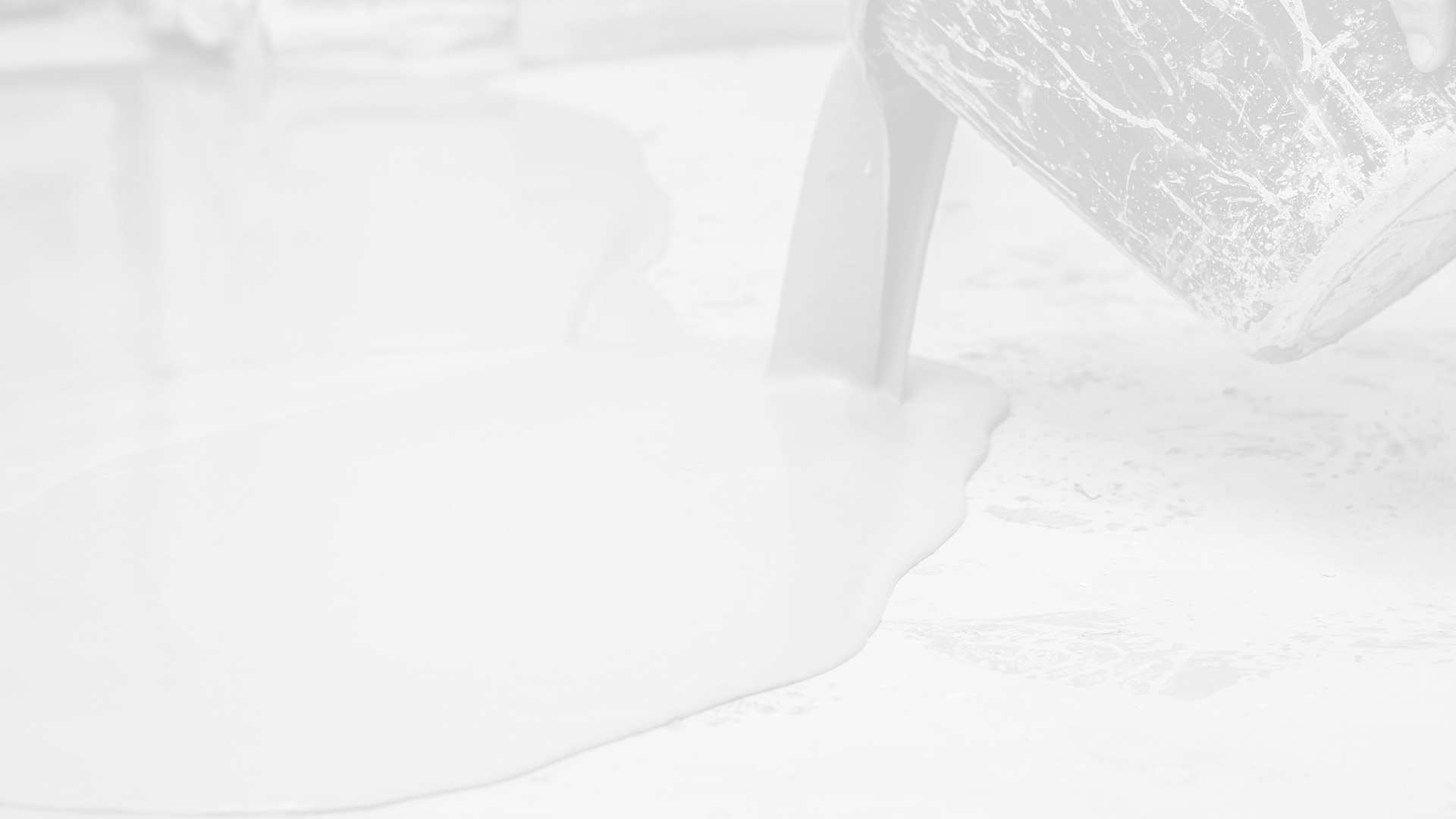Polyaspartic vs Epoxy: Which Holds Up Better in Connecticut Winters?

Connecticut winters are no joke. Between freezing temperatures, constant snow, road salt, and repeated freeze-thaw cycles, your garage floor takes a beating. When homeowners seek a protective coating, the choice typically comes down to two main options: polyaspartic and epoxy. But which one truly holds up better when the temperatures plummet and the demands are high? Let’s compare polyaspartic vs epoxy CT style, and see which material offers the resilience you need.
Freeze-Thaw Resistance
One of the biggest challenges in Connecticut is the constant freezing and thawing that happens throughout the winter. Epoxy coatings are strong, but they can be brittle under extreme temperature swings. Over time, this rigidity may lead to cracking or delamination. Polyaspartic, on the other hand, remains more flexible, allowing it to expand and contract with the concrete beneath. This makes polyaspartic coatings more resistant to freeze-thaw stress, helping your garage floor maintain its seamless finish for years.
Hot-Tire Pickup
When you pull into your garage after a long drive, your tires can reach temperatures well over 150°F. Traditional epoxy floors can sometimes struggle with hot-tire pickup, where the heat causes the surface to soften and peel under the weight of your car’s tires. Polyaspartic coatings, however, are engineered to resist this problem. Their chemical composition makes them more heat-resistant, which means no more unsightly tire marks or peeling. For Connecticut drivers dealing with heated tires after snow removal or long commutes, this benefit is a major plus.
UV Yellowing
While winter is the harshest season, summers in Connecticut also bring plenty of sun. One downside to epoxy is its tendency to yellow and fade when exposed to UV rays, especially if your garage door is open often. Polyaspartic clear system coatings feature built-in UV stability, allowing them to retain their color and gloss for a longer period. If you’re looking for a floor that maintains a polished appearance year-round, polyaspartic is the clear winner.
One-Day Floors
Another advantage of polyaspartic is speed. Epoxy often requires multiple days to install and cure, which can leave your garage out of commission for a while. Polyaspartic systems can often be installed and ready for use within a single day. For busy Connecticut families, this convenience makes a huge difference. Imagine dropping your car off in the morning and parking it back inside the same evening—it’s a modern solution for modern schedules.
Cost and Longevity
Epoxy is typically more affordable upfront, which is why many homeowners consider it first. However, factoring in maintenance, potential repairs, and its shorter lifespan under Connecticut’s freeze-thaw cycles, epoxy may end up costing more in the long run. Polyaspartic comes with a higher initial investment but delivers unmatched durability, UV protection, and resistance to hot-tire pickup. When you want a floor that lasts a decade or more without issues, polyaspartic offers better long-term value.
The Expert Touch
When it comes to choosing between polyaspartic and epoxy, the quality of the installation is just as important as the material itself. That’s where outstanding Avon garage flooring specialists step in. Expert installers know how to prep, apply, and seal the coating for maximum durability, ensuring your garage withstands the toughest New England weather.
If you’re weighing polyaspartic vs. epoxy, polyaspartic is the stronger contender—especially when installed by seasoned professionals. For homeowners in Avon seeking reliable, long-lasting garage flooring, contact 5 Star Concrete Coatings LLC today for a solution built to withstand every season.
Latest articles & news
-
Best Flake & Quartz Color Ideas for New England Garages
Ready to choose garage floor flake colors in Avon, CT that look sharp year-round and hide the mess of New England weather? This guide shows how light vs dark chips perform with salt, sand, and slush, plus where quartz makes sense for extra traction. If you […]
-
Warehouse Floor Coatings That Survive Forklifts & Pallet Jacks
If your Avon facility sees daily forklift runs, pallet jack turns, and fast picks, the concrete takes a beating. A high‑performance warehouse floor coating protects your slab, improves safety, and keeps operations moving. At 5 Star Concrete Coatings LLC, we install polyaspartic systems designed for heavy […]

